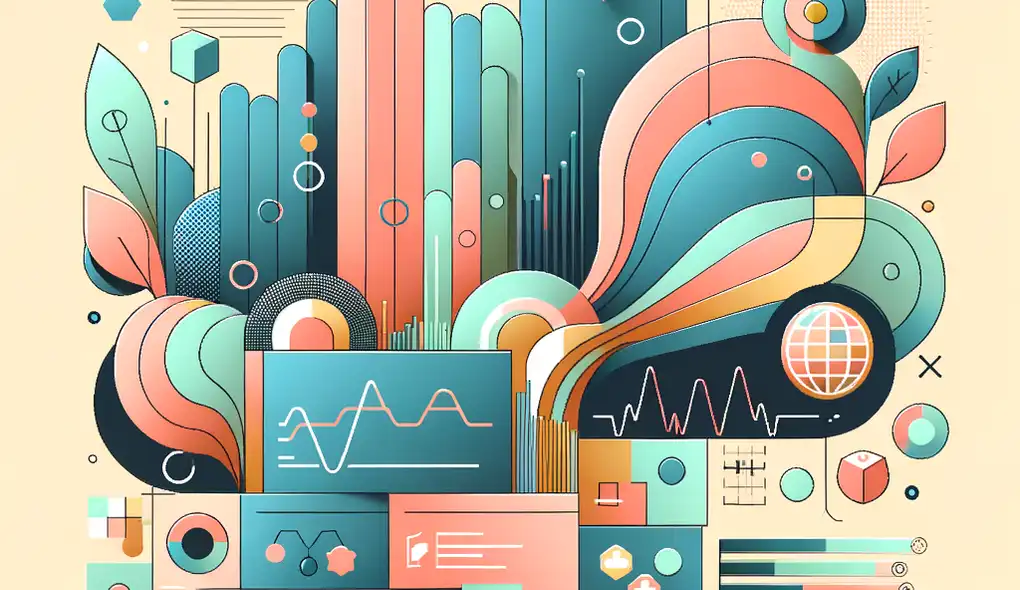Tell us about your experience in analyzing healthcare data to identify trends and patterns.
Health Data Analyst Interview Questions
Sample answer to the question
In my previous role as a Health Data Analyst, I gained experience in analyzing healthcare data to identify trends and patterns. I utilized tools such as SQL, Excel, and R to collect and aggregate data from various sources. By conducting thorough analyses, I was able to uncover valuable insights that contributed to better patient care and outcomes. I also collaborated with healthcare professionals to understand their data needs and developed reports and visualizations to communicate findings effectively. Overall, my experience in analyzing healthcare data has allowed me to develop strong analytical thinking and problem-solving skills in this field.
A more solid answer
During my tenure as a Health Data Analyst, I have extensively utilized my analytical thinking and problem-solving skills to analyze healthcare data and identify trends and patterns. I am well-versed in data analysis and visualization tools such as SQL, Excel, and R, which have allowed me to collect and aggregate data from diverse sources efficiently. In one project, I analyzed patient demographic data to identify disparities in access to healthcare services among different populations. By conducting statistical analyses and visualizing the findings, I was able to provide actionable insights that led to targeted interventions and improved patient outcomes. Additionally, my understanding of healthcare systems, terminology, and standards has been instrumental in interpreting and contextualizing the data I analyze. For example, I have worked with electronic health records and medical coding systems to ensure accurate and reliable data analysis. With my comprehensive experience and proficiency in healthcare data analysis, I am confident in my ability to contribute to your team's goal of improving patient care through data-driven insights.
Why this is a more solid answer:
The solid answer expands on the basic answer by providing specific examples of the candidate's experience in analyzing healthcare data and identifying trends and patterns. It also demonstrates a strong understanding of data analysis and visualization tools. However, it can still be improved by providing more details about the candidate's experience with healthcare systems, terminology, and standards.
An exceptional answer
Throughout my career as a Health Data Analyst, I have honed my analytical skills to uncover invaluable trends and patterns in healthcare data. I am proficient in an array of data analysis and visualization tools, including SQL, Excel, R, and Python. For instance, in a recent project, I conducted a comprehensive analysis of hospital readmissions data to identify contributing factors and develop strategies for reducing readmission rates. Using advanced statistical techniques and data visualization, I uncovered several key insights, such as the correlation between medication adherence and readmission rates. These findings informed targeted interventions and resulted in a significant decrease in readmissions. In terms of my understanding of healthcare systems, terminology, and standards, I have worked closely with electronic health records (EHR) systems, ensuring the accuracy and quality of data collected. I am well-versed in medical coding, including ICD-10 and CPT, which allows me to effectively analyze and interpret healthcare data. My broad knowledge of healthcare regulations, such as HIPAA, ensures data privacy and security in all my analyses. With my exceptional experience in analyzing healthcare data, proficiency in diverse analytical tools, and in-depth understanding of healthcare systems and standards, I am confident in my ability to provide valuable insights that drive evidence-based decision making in your organization.
Why this is an exceptional answer:
The exceptional answer provides specific and detailed examples of the candidate's experience in analyzing healthcare data. It showcases advanced statistical techniques and involvement in impactful projects. Additionally, it demonstrates a comprehensive understanding of healthcare systems, terminology, and standards, including knowledge of medical coding and data privacy regulations. The exceptional answer clearly showcases the candidate's expertise and ability to provide valuable insights in a data-driven healthcare environment.
How to prepare for this question
- Familiarize yourself with different data analysis and visualization tools such as SQL, Excel, R, and Python.
- Gain practical experience in utilizing these tools to manipulate and analyze healthcare data.
- Stay updated with emerging trends and best practices in health data analysis.
- Develop a strong understanding of healthcare systems, terminology, and standards, including EHR systems and medical coding.
- Be prepared to provide specific examples of projects where you have analyzed healthcare data and the impact of your analysis.
What interviewers are evaluating
- Analytical thinking and problem-solving skills
- Proficiency in data analysis and visualization tools
- Understanding of healthcare systems, terminology, and standards
Related Interview Questions
More questions for Health Data Analyst interviews